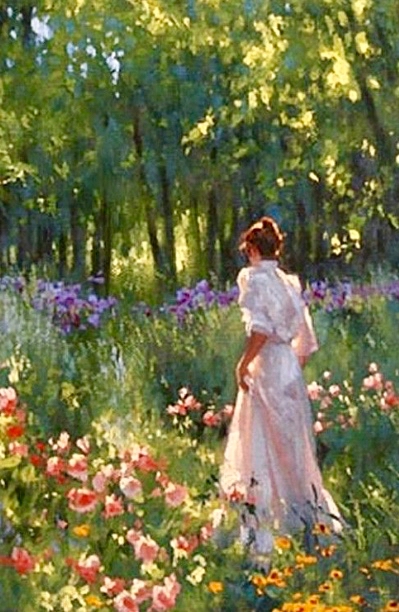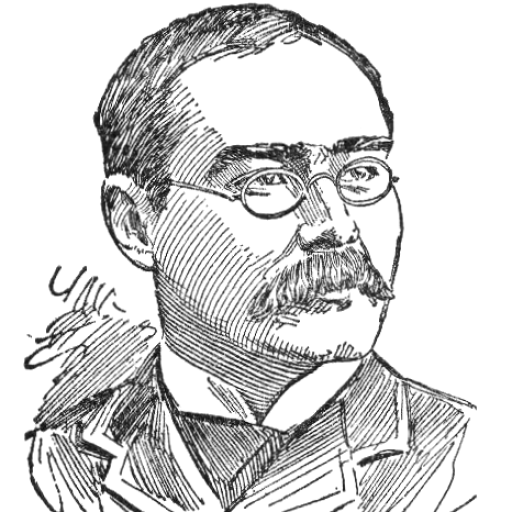But the glory of the garden lies in more than meets the eye

This poem has different levels of meaning. First of all it is a poem by a person who knows and loves gardens, and it expresses the joys of gardening (Kipling lived all of his adult life as a country gentleman, first in Vermont and then in Sussex, and a part of his day was spent in supervising his farm). But at a deeper level, it is a poem about service. When reading it, keep in mind that “England” of the poem is not an island off the coast of Europe; it is a code name for your country, for your environment.
The poem has the same message as Voltaire’s celebrated novel Candide. Candide and his friends travel around Europe and even to South America, trying to understand the causes of human misery and to reconcile this observed misery with the assertion of Candide’s guru, Pangloss, that all happens for the best in this “best of all possible worlds”. After much travelling they settle in Turkey, and devote their lives to growing vegetables; their travels have taught them that the only way to lead a meaningful life and to improve the world is to “cultivate your own garden”.
The last verse … “Adam was a gardener,” … refers to Genesis 2:15 – “and the Lord took Adam and put him in the Garden of Eden to till it and look after it”. This second chapter of Genesis asserts that humans were not created to be the masters of the Earth, but its custodians and gardeners. It makes the statement (which is a central tenet of many sects and orders, for example of the Baha’i faith) that the most important service to the Divine, the most meaningful form of prayer, is the daily work you do.
The Glory of the Garden
Our England is a garden that is full of stately views, Of borders, beds and shrubberies and lawns and avenues, With statues on the terraces and peacocks strutting by; But the Glory of the Garden lies in more than meets the eye. For where the old thick laurels grow, along the thin red wall, You find the tool- and potting-sheds which are the heart of all; The cold-frames and the hot-houses, the dungpits and the tanks, The rollers, carts and drain-pipes, with the barrows and the planks. And there you'll see the gardeners, the men and 'prentice boys Told off to do as they are bid and do it without noise; For, except when seeds are planted and we shout to scare the birds, The Glory of the Garden it abideth not in words. And some can pot begonias and some can bud a rose, And some are hardly fit to trust with anything that grows; But they can roll and trim the lawns and sift the sand and loam, For the Glory of the Garden occupieth all who come. Our England is a garden, and such gardens are not made By singing: - "Oh, how beautiful!" and sitting in the shade, While better men than we go out and start their working lives At grubbing weeds from gravel-pits with broken dinner-knives. There's not a pair of legs so thin, there's not a head so thick, There's not a hand so weak and white, nor yet a heart so sick But it can find some needful job that's crying to be done, For the Glory of the Garden glorifieth every one. Then seek your job with thankfulness and work till further orders, If it's only netting strawberries or killing slugs on borders; And when you back stops aching and your hands begin to harden, You will find yourself a partner in the Glory of the Garden. Oh, Adam was a gardener, and God who made him sees That half a proper gardener's work is done upon his knees, So when your work is finished, you can wash your hands and pray For the Glory of the Garden, that it may not pass away! And the Glory of the Garden it shall never pass away!
